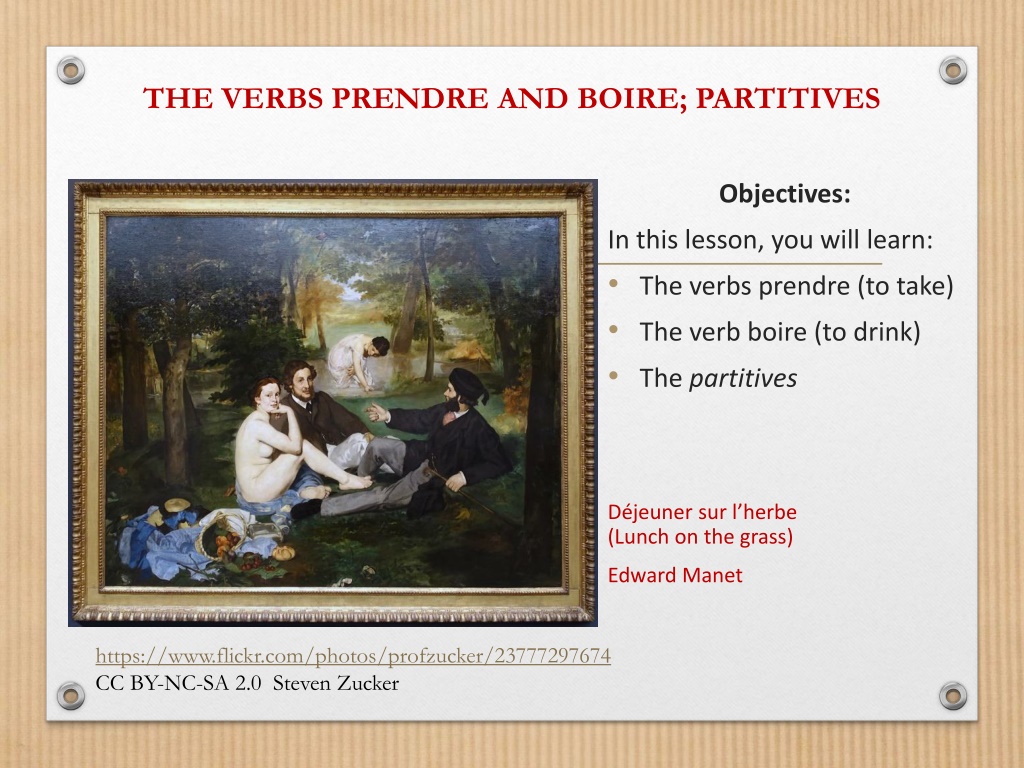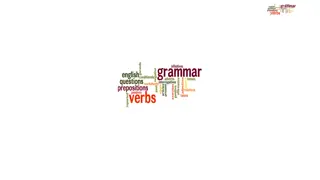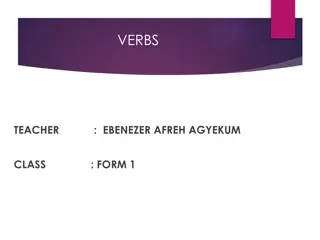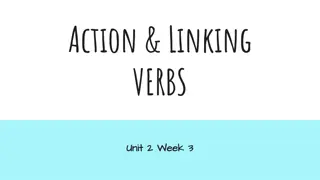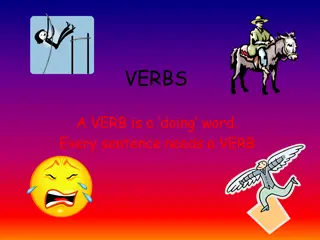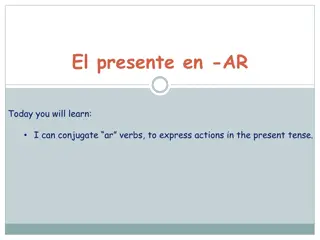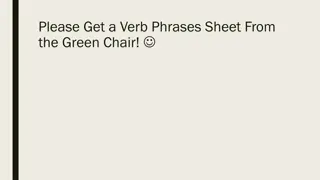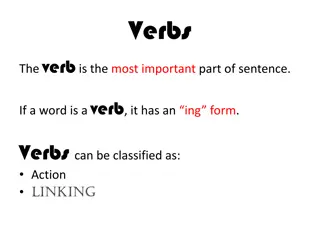French Lesson: Verbs Prendre and Boire + Partitives
Learn about the French verbs "prendre" (to take) and "boire" (to drink), as well as the usage of partitives in French to express having or consuming food and drinks. Understand how to correctly use partitive articles with count and non-count nouns, and practice forming sentences with the verbs and partitives.
Download Presentation

Please find below an Image/Link to download the presentation.
The content on the website is provided AS IS for your information and personal use only. It may not be sold, licensed, or shared on other websites without obtaining consent from the author. Download presentation by click this link. If you encounter any issues during the download, it is possible that the publisher has removed the file from their server.
E N D
Presentation Transcript
THE VERBS PRENDRE AND BOIRE; PARTITIVES Objectives: In this lesson, you will learn: The verbs prendre (to take) The verb boire (to drink) The partitives D jeuner sur l herbe (Lunch on the grass) Edward Manet https://www.flickr.com/photos/profzucker/23777297674 CC BY-NC-SA 2.0 Steven Zucker
OVERVIEW Prendre means to take, as in to take the train: Je prends le train/l autobus In relation to food, it also means to have: Nous prenons un caf (we have a coffee) However, to express possession you need to use the verb avoir: J'ai un cahier (I have a notebook) The pronunciation of the verbs endre and boire are identical in the Je/ tu/ il, elle forms.
THE PARTITIVE ARTICLE Remember: The partitive is required in French even though it is optional in English: I drink (some) hot tea= Je bois du th chaud Do not forget: du= de+le/ des=de+les. No changes with singular, feminine nouns: Je bois de la lemonade Plural: Elle mange des frites (she eats fries) The textbook uses the notions of count and non-count nouns. The partitive is only used with non-count nouns. Make sure you understand this explanation. For instance: Count nouns: Une bi re, trois caf s, un chocolat (Je bois une, deux bi re/s) Non-count nouns: bi re, caf , chocolat (Je bois de la bi re/ du caf )
More about partitives - As you can see, nouns can be both, according to the context: Je bois un chocolat (I drink a chocolat) Je bois une tasse de chocolat (I drink a cup of chocolat), however: Je bois du chocolat le soir (I drink chocolat in the evening) The negative form with a partitive: Je ne bois pas de vin/ Je ne mange pas de frites. (ALWAYS DE) Now, using the verbs prendre ,boire or manger, add a partitive to describe what they are doing (remember pasta=p tes, always plural): Answers, next page. Hint: There are different answers for each picture.
PRACTICE Answers: 1. Il/Obama/le pr sident boit/prend une bi re (he drinks/takes a beer Il boit de la bi re (he s drinking/ he drinks beer) Il boit un verre de bi re (he drinks a glass of beer) 2. Il boit/prend un caf / du caf / une tasse de caf 3. Ils prennent/mangent des p tes CC BY Roger Celis
